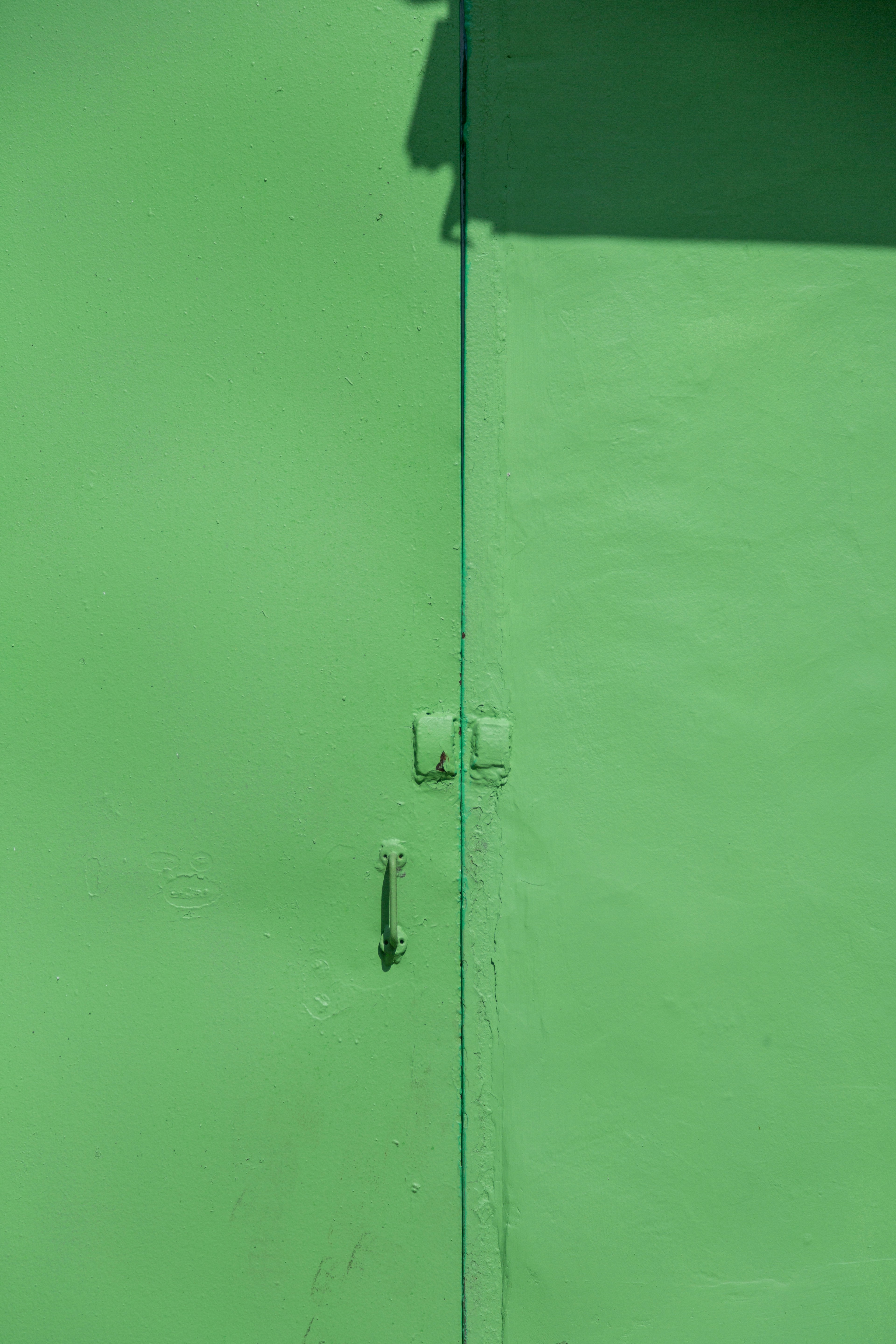How to Increase Hotel Revenues When Demand is Low

How to Increase Hotel Revenues During Low Demand
Hotel revenue management 101: when demand drops, so do revenues. For independent hotels, this challenge can be especially critical, as seasonal dips or local downturns can threaten profitability. But with the right strategies, low demand periods can be managed—and even turned into opportunities.
Here are four proven tactics to help hotels optimize revenue when demand is low.
Competitive Pricing Without Price Wars
Lowering rates is often the first instinct during slow seasons. While this can attract guests, it comes with risks:
- Competitors may also drop rates, leading to a price war
- Over-discounting can erode profitability and brand positioning
The smarter approach? Use competitive insights to adjust strategically.
With Pricepoint’s dynamic pricing engine, hoteliers can:
- Automatically adjust rates based on real-time demand
- Monitor competitor pricing with the Competitor Rate Shopper
- Avoid unnecessary discounts while staying competitive
Forecasting Demand Accurately
Forecasting goes beyond monitoring the weather. Demand is influenced by:
- Holidays and seasonal peaks
- Local events and conferences
- Shifts in traveler behavior
Traditionally, forecasting requires manual tracking and constant adjustments. A dynamic pricing platform automates this, responding in real time to demand signals and ensuring prices align with market cycles.
👉 Learn more about how RMS forecasting helps during low demand: Pricepoint Forecasting Guide
Targeting Specific Guests
Your customer database is a goldmine. Look for patterns:
- Which guests tend to book during slow periods?
- What offers have previously converted them?
By sending personalized campaigns to these segments, you can increase repeat bookings exactly when you need them. Guests who feel valued are more likely to become loyal advocates, helping stabilize revenues year after year.
Offering Smart Promotions
If rooms are likely to sit empty, consider promotions—but not just rate cuts. Examples include:
- Complimentary breakfast or parking
- Extra night stays at a discounted rate
- Branded merchandise or local experiences
These promotions provide added value without slashing room rates, preserving ADR while encouraging bookings.
Automating the Process with Pricepoint
Managing pricing, forecasting, and promotions manually is time-intensive. That’s why hotels are turning to AI-powered revenue management systems.
Pricepoint automatically:
- Adjusts prices in real time based on demand, seasonality, and competitor data
- Provides forward-looking forecasts
- Ensures hotels never undercharge or over-discount
- Saves hoteliers valuable time while boosting profitability
Hotels using Pricepoint report up to 19% more revenue and 13% higher occupancy on average—even during challenging periods.
👉 Try Pricepoint free for 30 days and see how automated revenue management keeps your property profitable year-round.





